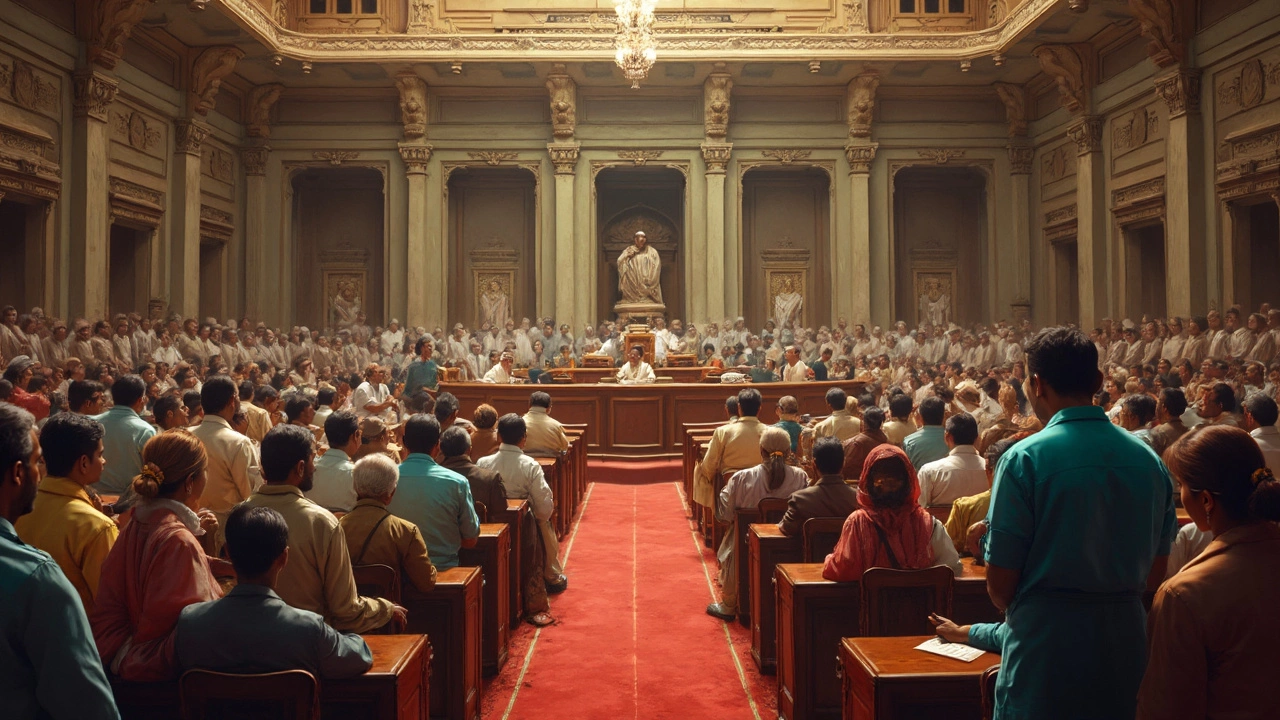Free Lawyers – Your Quick Guide to Getting Legal Help at No Cost
Need a lawyer but can’t afford one? You’re not alone. Across India and even abroad, there are dozens of ways to get qualified lawyers who work for free. This guide shows exactly where to look, what you need, and how to make the process smooth.
Where to Find Free Lawyers in India
The first stop is the Legal Services Authority (LSA) in your state. They run a legal aid scheme that matches low‑income people with volunteer lawyers. All you need is proof of income – a salary slip, pension statement, or a letter from your employer – and a copy of the case paperwork.
Law schools also run clinics where final‑year students, supervised by senior faculty, take on real cases for free. Check the websites of nearby universities; many list their clinic schedules and contact numbers. These clinics handle everything from family disputes to property issues.
Non‑government NGOs like the Human Rights Law Network or Lawyers for Human Rights run free hotlines. Call during office hours, describe your problem, and they’ll either give you advice over the phone or point you to a pro bono lawyer nearby.
Online Tools & Resources for Free Legal Advice
If you prefer digital help, the Ministry of Law and Justice runs a portal called “Legal Aid Online.” Register with your email, upload a scanned ID, and you’ll receive a chat with a volunteer lawyer within 48 hours. The platform also stores templates for common letters – such as demand notices or divorce petitions – at no charge.
Some private websites partner with law firms to offer a limited number of free consultations each month. Look for banners that say “Free First Consultation” and book a slot quickly; they often fill up in a day.
Even if you’re outside India, the same ideas apply. For example, the “Free Divorce in Virginia” guide shows how a U.S. resident can qualify for a fee waiver, file the paperwork online, and complete the case without paying court fees. The steps – checking eligibility, filling forms, and submitting them digitally – are similar to India’s legal aid process.
Before you contact anyone, gather the basics: a clear description of your issue, any related documents (agreements, notices, court orders), and proof of your financial situation. Having this ready speeds up the matching process and shows you’re serious.
Once you’re matched, the lawyer will usually set up an in‑person meeting or a video call. During that talk, be honest about what you can afford, what outcomes you expect, and any deadlines you’re facing. The lawyer can then tell you if they can take the case pro bono or if you need to look elsewhere.
Remember, free legal help often comes with a waiting list. Don’t get discouraged if you’re told to try again later – keep checking the LSA portal and stay in touch with NGOs. Persistence usually pays off.
Getting a free lawyer doesn’t mean you’re left without quality advice. Most pro bono lawyers are experienced professionals who want to give back. Use the resources above, stay organized, and you’ll find the support you need without spending a rupee.

Are There Free Lawyers in the US? Exploring Your Options
Finding free legal help can be a crucial need, especially when facing criminal charges. In the US, several options exist such as public defenders, legal aid societies, and pro bono services offered by private attorneys. This article explores who qualifies for these services and the process of finding such legal assistance. Knowing how to access free legal aid can make a significant difference in the outcome of a legal situation.